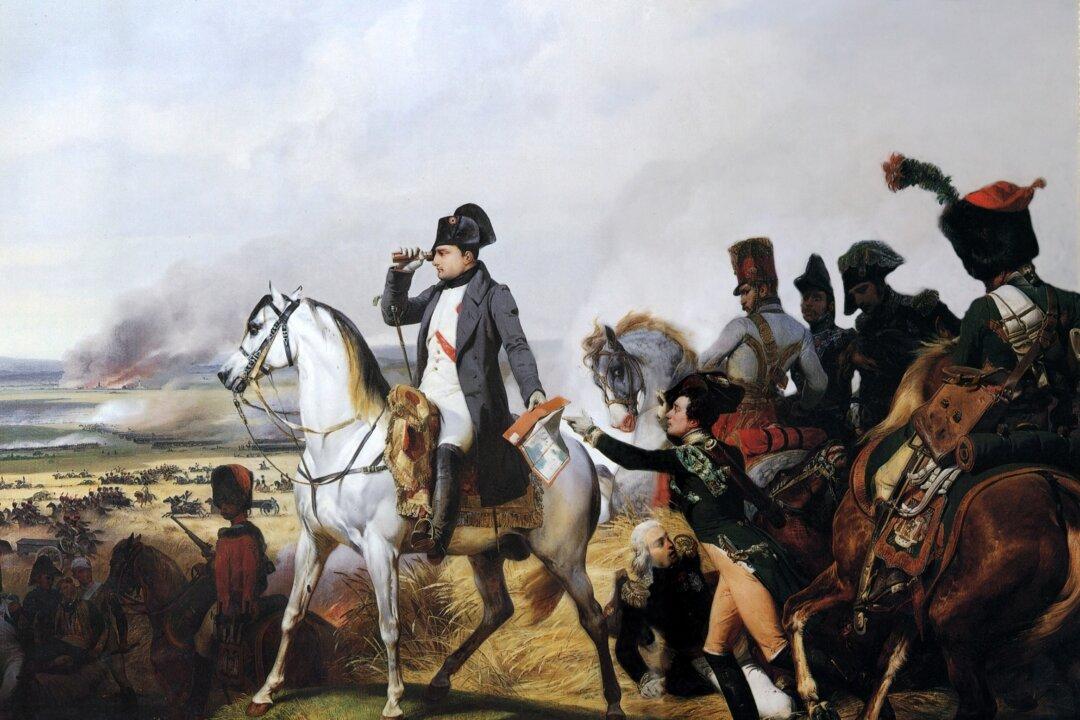Commentary
During Napoleon’s lifetime, French Canadians feared and opposed him. But later on, Quebecers, like almost everyone else, made a heroic myth of the man.

During Napoleon’s lifetime, French Canadians feared and opposed him. But later on, Quebecers, like almost everyone else, made a heroic myth of the man.